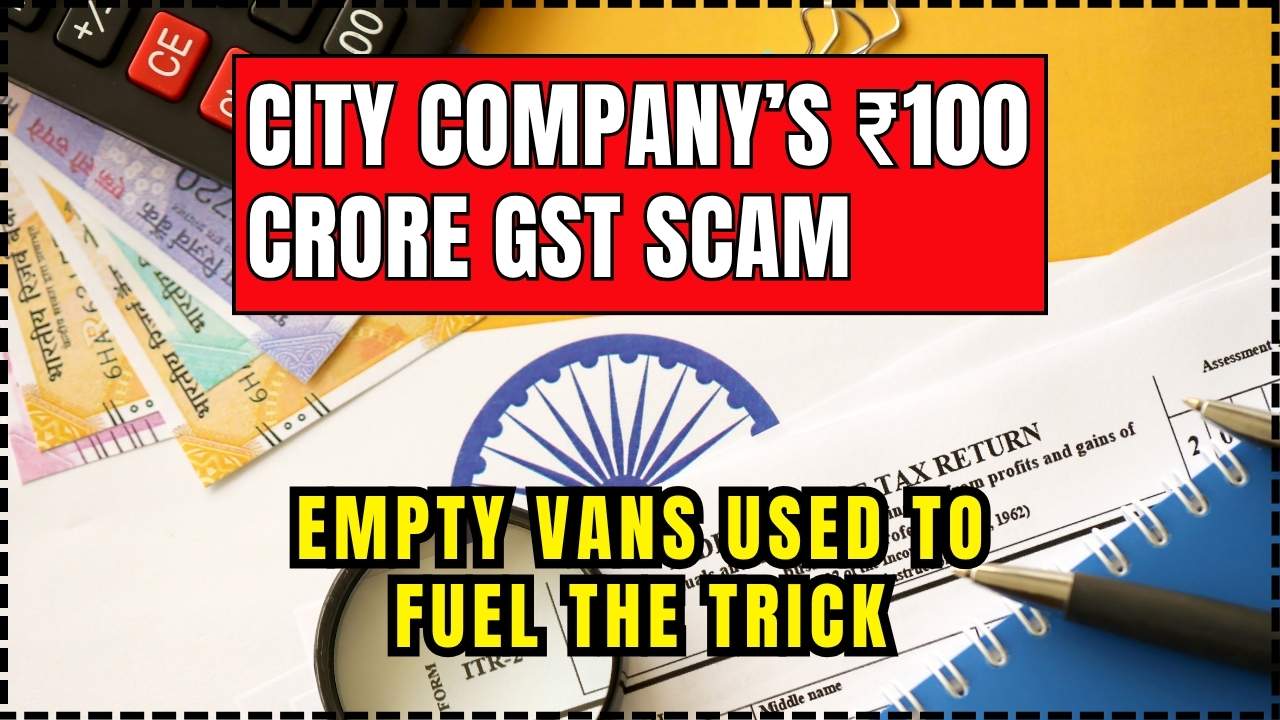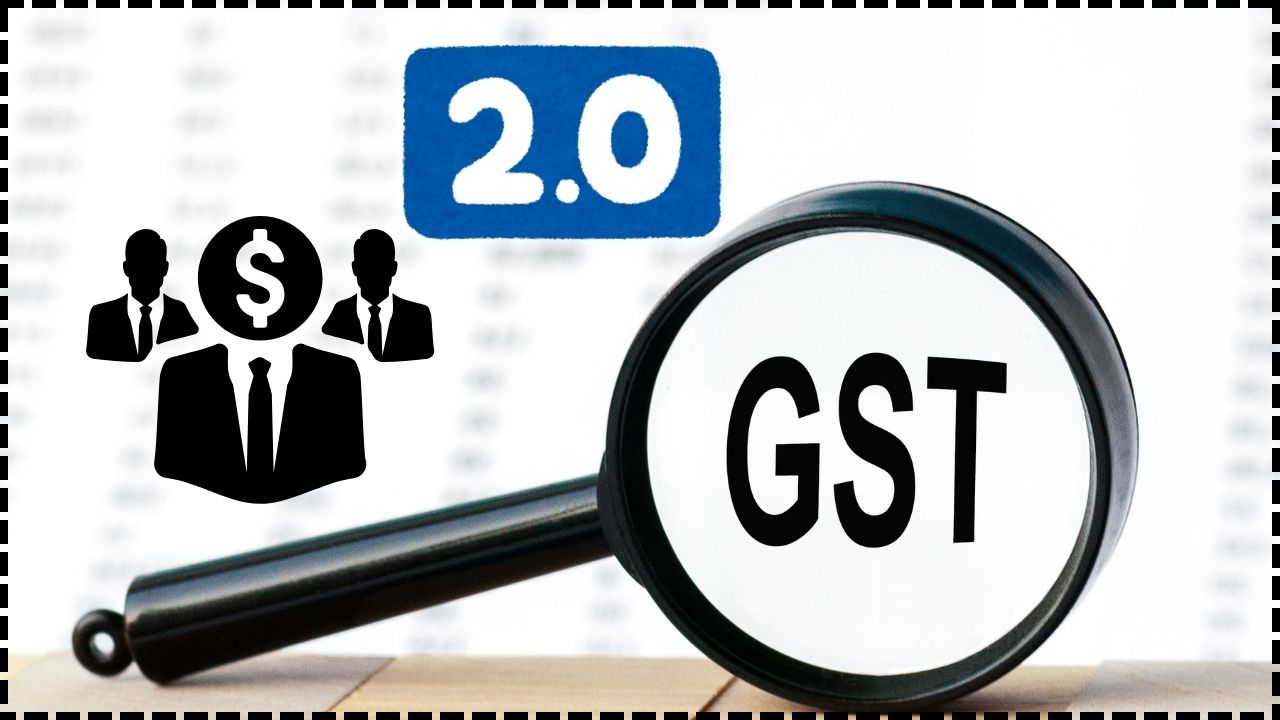₹273.5 Crore GST Demand Against Patanjali: If you’ve been following the news, you probably noticed the headline: “Supreme Court Halts ₹273.5 Crore GST Demand Against Patanjali.” This isn’t just a technical tax story buried in business pages—it’s a big deal. Why? Because it raises critical questions about India’s GST law, business compliance, and how penalties should be enforced when no actual tax evasion has taken place. In this article, we’ll break it down in simple terms, explain the laws involved, explore what this means for businesses and consumers, and give you practical lessons to avoid falling into similar traps. Whether you’re a student, a professional, or just a curious reader, by the end you’ll have a crystal-clear view of what’s going on.
₹273.5 Crore GST Demand Against Patanjali
The Supreme Court halting the ₹273.5 crore GST penalty against Patanjali is a significant pause in a high-stakes case. It isn’t a final verdict, but it has given businesses across India reason to sit up and pay attention. This case highlights a crucial lesson: compliance is no longer just about paying your taxes. It’s about following every rule in the book, keeping your documentation flawless, and staying updated with the law. For Patanjali, the stay is a temporary win. For the rest of India Inc., it’s a wake-up call: in the GST era, mistakes—big or small—can be very expensive.
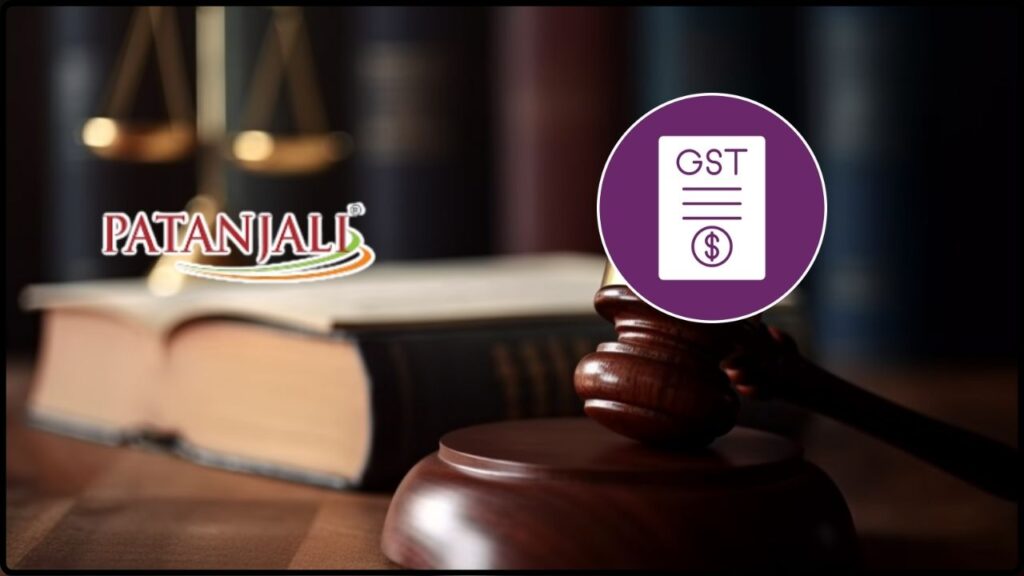
| Point | Details |
|---|---|
| Case | Supreme Court halts recovery of ₹273.5 crore GST penalty against Patanjali Ayurved |
| Law Involved | Section 122 (Penalty for offenses) and Section 74 (Tax evasion) of the CGST Act |
| Penalty Amount | ₹273.51 crore (approx. $32.8 million) |
| High Court Ruling | Allahabad HC upheld penalty, May 29, 2025 |
| Supreme Court Relief | Stay order issued August 14, 2025 |
| Consumers Affected? | Prices unlikely to change immediately, but compliance costs could impact future pricing |
| Official Resource | GST Council Official Website |
The Backstory: Patanjali and Its Rise
Founded in 2006, Patanjali Ayurved grew from a small ayurvedic products company into a massive fast-moving consumer goods (FMCG) player. Today, it competes head-to-head with global giants like Unilever and Colgate-Palmolive in India.
Known for its herbal and “swadeshi” (homegrown) branding, Patanjali has often been in the spotlight—not just for its rapid growth, but also for regulatory clashes. In 2024, the company was accused of circular trading by the Directorate General of GST Intelligence (DGGI).
Circular trading is when businesses raise fake invoices to artificially inflate sales and claim Input Tax Credit (ITC) without real goods moving. The government said Patanjali had used such practices, which led to a penalty notice of ₹273.5 crore under Section 122 of the CGST Act.
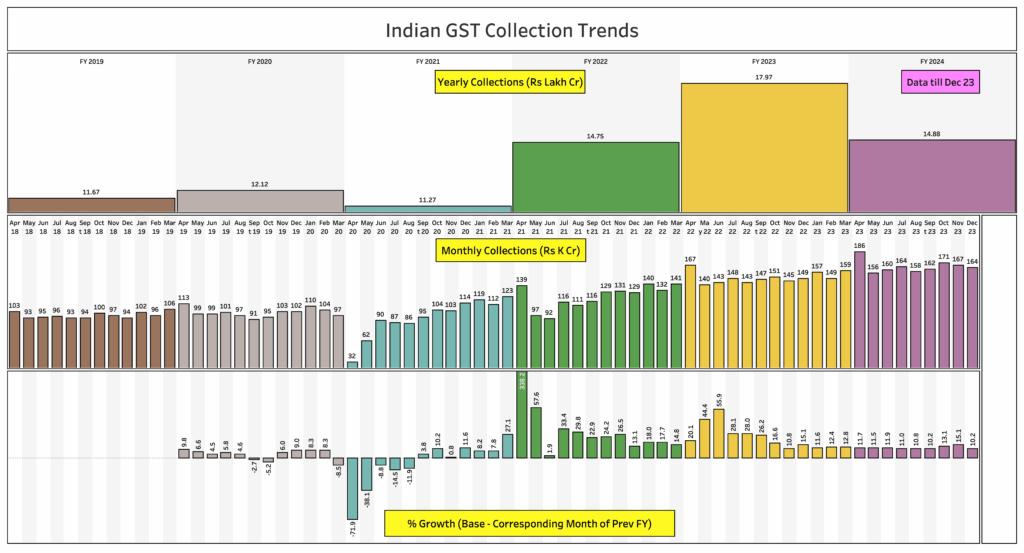
What Exactly Is Section 122 and Section 74?
The two sections of the GST law at the heart of this case are:
- Section 74 – Tax evasion. If a company actually evades tax or wrongly claims ITC, it must repay the tax with penalties.
- Section 122 – Offense penalties. Even if there’s no actual tax evasion, businesses can be penalized for violating GST rules.
Here’s a simple analogy:
- Section 74 is like shoplifting—you took something that wasn’t yours.
- Section 122 is like jaywalking—you didn’t hurt anyone, but you still broke the rule.
By January 2025, the authorities dropped the Section 74 demand, acknowledging that Patanjali’s sales exceeded purchases and ITC wasn’t wrongly passed on. However, the Section 122 penalty remained.
The Legal Battle
The case wound its way through the courts:
- May 29, 2025 – The Allahabad High Court dismissed Patanjali’s challenge, ruling that penalties under Section 122 are civil in nature and can stand independently of tax evasion charges.
- August 14, 2025 – The Supreme Court of India stepped in, granting Patanjali temporary relief by halting penalty recovery. The Court also issued notices to the Union Government and DGGI for their response.
This means the penalty cannot be enforced until the Supreme Court gives a final ruling.
Why ₹273.5 Crore GST Demand Against Patanjali Case Matters?
You may be wondering: why should anyone outside Patanjali care? Here’s why this case is important for professionals, businesses, and even consumers.
- Precedent-setting: The Supreme Court’s final verdict will clarify whether penalties under Section 122 can stand alone when tax evasion isn’t proven.
- Compliance costs: If the ruling favors tax authorities, companies will need tighter compliance, driving up costs.
- Investor confidence: High penalties and legal battles can damage brand reputation and hurt investor trust.
- Consumer impact: Over time, compliance costs are often passed on to customers through price hikes.
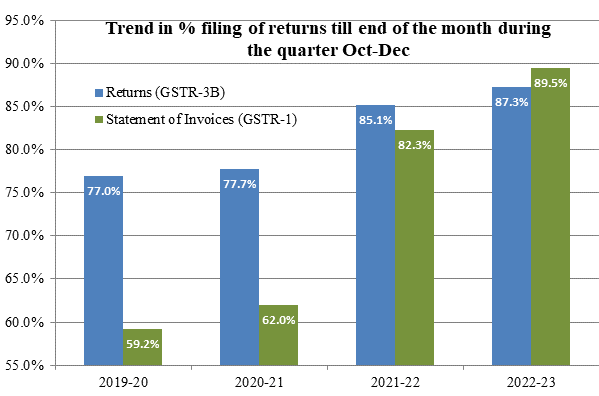
Expert Opinions
Tax professionals are watching closely.
- Some argue that independent penalties under Section 122 are necessary to ensure strict compliance. Otherwise, companies may find loopholes to avoid punishment.
- Others caution that punishing companies even when no tax loss occurs could discourage investment and burden businesses with excessive red tape.
Legal experts also point out that this case could define whether Section 122 penalties are treated as civil fines (like parking tickets) or quasi-criminal penalties, which carry a heavier stigma.
Global Perspective: How Other Countries Handle It
Looking abroad gives us perspective:
- United States (IRS): Businesses can face civil penalties even without tax evasion, such as fines for filing incorrect forms. But penalties are usually proportionate.
- European Union: VAT fraud is prosecuted aggressively, but penalties usually correspond to actual tax loss. Standalone penalties are rare.
India’s GST law is stricter. Section 122 allows penalties regardless of whether the government loses tax revenue. This makes compliance even more critical for Indian businesses.
Impact on Consumers
For the average Indian shopper, Patanjali is known for affordable herbal products. At first glance, a tax penalty doesn’t seem like it would affect your grocery bill.
But here’s the hidden link:
- Compliance costs, audits, and legal fees increase when rules are enforced more aggressively.
- Companies, in turn, pass some of those costs to customers.
So while your Patanjali toothpaste or atta won’t suddenly double in price, over time, these legal battles can slowly nudge up consumer prices across the FMCG sector.
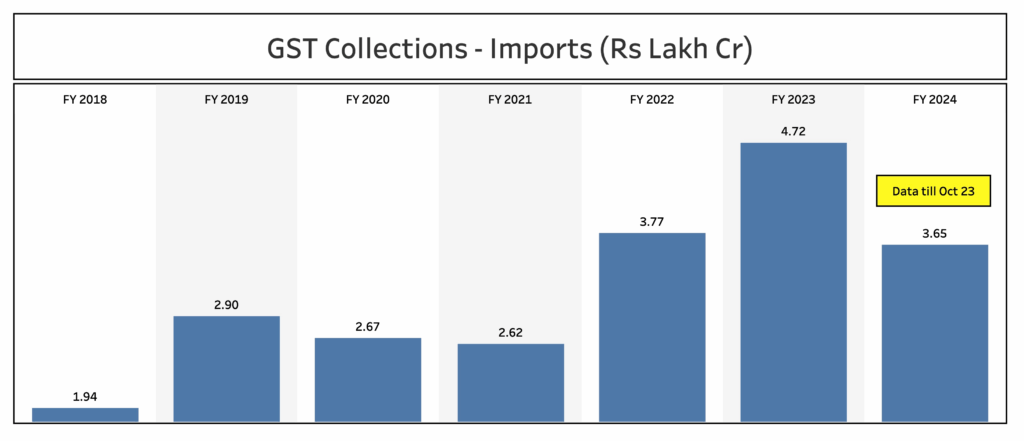
Impact on Businesses and Investors
Even though Patanjali is not publicly listed, it impacts the wider FMCG sector. Regulatory scrutiny of one major company often spills over to others.
Investors also see regulatory battles as red flags. A penalty this large:
- Can weaken trust in management practices.
- May discourage foreign investors who are wary of India’s unpredictable compliance environment.
- Raises questions about corporate governance.
Lessons for Businesses: Avoiding GST Penalties
Here’s a step-by-step compliance playbook that any business can adopt:
Step 1: Invoice Accuracy
Check GST numbers, HSN codes, and amounts on every invoice. Even small errors can snowball.
Step 2: Conduct Internal Audits
Schedule quarterly audits. Don’t wait for government notices to discover compliance gaps.
Step 3: Train Your Teams
Accountants, finance teams, and sales staff must be trained on GST updates. Mistakes often come from lack of awareness.
Step 4: Digitize Records
Keep digital backups of invoices, returns, and ledgers. Cloud-based accounting software makes compliance easier.
Step 5: Monitor Legal Updates
Follow official updates from the CBIC GST portal and GST Council. Rules evolve frequently.
Step 6: Get Professional Help
Engage tax consultants or legal advisors. Their fees are far cheaper than defending a ₹273.5 crore penalty.
Historical Context: Patanjali’s Legal Run-Ins
This isn’t the first time Patanjali has clashed with regulators.
- In early 2024, the company was pulled up for misleading advertising of its medicinal products.
- In previous years, it faced scrutiny over product quality and labeling.
These repeated incidents suggest that compliance challenges are not new for Patanjali, making this GST penalty just one chapter in a larger regulatory story.
Supreme Court Denies Plea Challenging GST ECL Blocking Relief
Supreme Court Halts ₹273.5 Crore GST Notice Against Patanjali Ayurved
Tracking GST on Foreign OIDAR Services? Supreme Court Says “Let the Council Decide”

